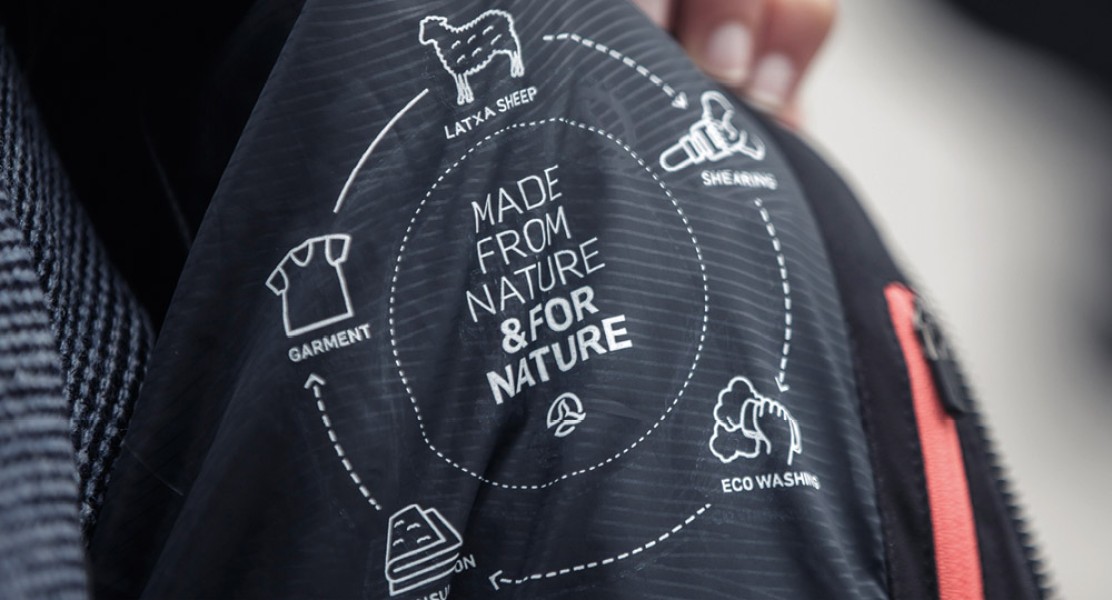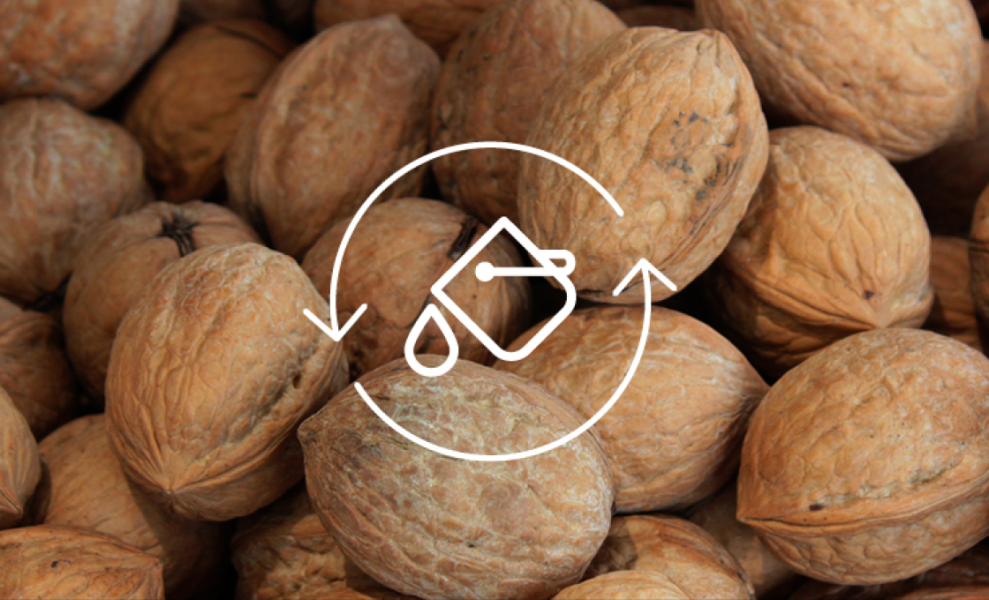Sturdy winter gear or light outdoor wear for colder days, Ternua offers everything you might need for your adventures. What makes the Spanish brand stand out is their dedication to sustainability in every aspect. We introduce some of their environmentally friendly production projects.
Sustainability has many faces
Since its founding days, the Spanish manufacturer has pledged itself to create outdoor and wintersports wear that has a positive impact on people’s life without sacrificing valuable resources.
Over the years, the brand has started a variety of sustainable project which optimise their production processes, making them as green as possible. For example, the Redcycle project focuses on the ocean, taking old fishing nets and turning them into functional clothing. Functional, light and good for the planet!
The long-term plan is to form a circular economy in which new garment and accessories are made from disposed fabrics or recycled materials.
>> Shop colorful Trekking garments from Ternua
Wool for winter
Wool is a very popular material for wintersport garments, as it keeps you warm, while being very breathable. To produce insulating garments, Ternua looks towards local resources, namely Laxta sheep from the Basque Country.
Although there are millions of them, as they are considered a symbol of the region, their wool has no commercial use. At the same time, throwing it away is a waste.
Therefore, Ternua has helped to bring together the age-old tradition of Laxta sheep woll and the latest technologies for recycled materials. The result is Artishell, a fusion that promises good insulation, warmth, wind protection as well as water repellency.
In short, Artishell products, such as the Artile Jacket, keep you warm, while also helping out an entire local industry and reducing unnecessary waste.
Green is more than just a color
Recycled materials are an important step toward sustainable production. But Ternua goes even further, making sure that even the dyes are made from natural and environmentally friendly materials.
Non-edible agricultural waste in the form of walnut and chestnut shells serves as the basis of production. In combination with recycled cotton and polyester, they create some of the most sustainable garments in Ternua’s range. This way, you can be sure that your clothing is as green as possible – not just in terms of shades.
>> Learn more about the colorcycle project
_______________________________
Publication in cooperation with Ternua




